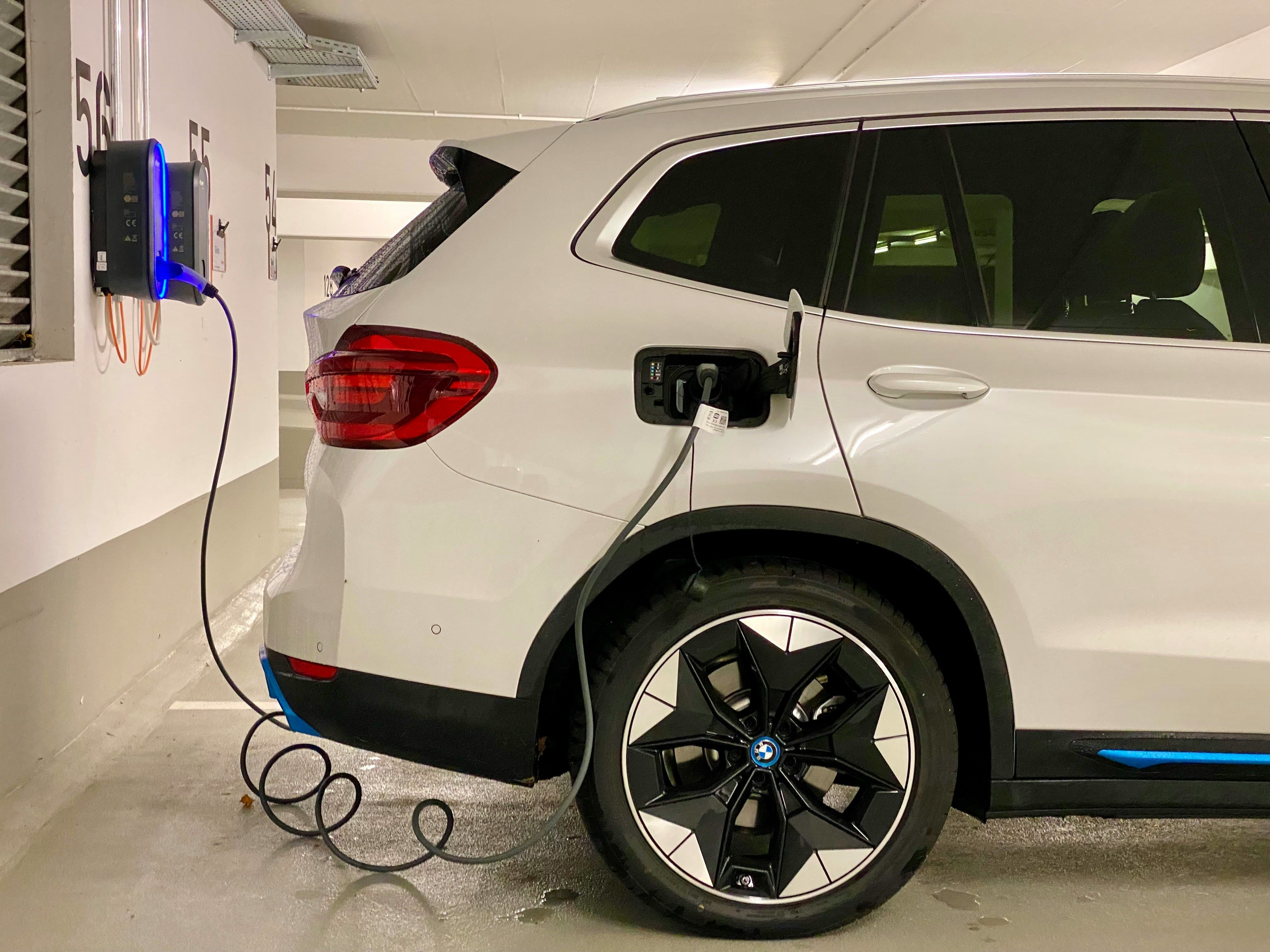As more drivers switch to electric vehicles (EVs), understanding charging costs is crucial. Whether using a home EV charger or a public electric vehicle charging station, prices can vary based on battery size, charging speed, and electricity tariffs. Let's explore these aspects and provide examples for clarity.
Understanding Battery Charging Levels
Charging from 10% to 80% is common among EV owners to optimise battery health and charging efficiency. This range avoids the slower charging rates typically experienced when charging beyond 80%.
Battery Sizes and Charging Costs
The cost to charge an EV also depends on the battery's capacity and the electricity rate. In the UK, as of April 2025, the average home EV tariff rate is approximately 15 pence per kilowatt-hour (kWh). Public charging stations are likely to have higher rates, especially for rapid charging. Below are some calculations of charging costs for electric vehicles with different battery capacities.
2024 Vauxhall Mokka Electric
- Battery Capacity: 54 kWh (usable capacity: 50.8 kWh)
- Energy Needed for 10%-80% Charge: Approximately 35.6 kWh
- Home Charging Cost: Around £5.34 (35.6 kWh * 15p/kWh)
- Public Rapid Charging Cost: Costs can vary; for instance, some rapid chargers may charge around 85 pence per kWh, totaling approximately £30.26 for the same charge.
2023 Polestar 2 Long Range Single Motor
- Battery Capacity: 82 kWh (usable capacity: 79.0 kWh)
- Energy Needed for 10%-80% Charge: Approximately 55.3 kWh
- Home Charging Cost: Around £11.85 (79.0 kWh * 15p/kWh)
- Public Rapid Charging Cost: Approximately £67.15 at 85p/kWh.
2019 Tesla Model 3 Long Range Dual Motor
- Battery Capacity: 78.8 kWh (usable capacity: 73.5 kWh)
- Energy Needed for 10%-80% Charge: Approximately 51.5 kWh
- Home Charging Cost: Around £7.73 (51.5 kWh * 15p/kWh)
- Public Rapid Charging Cost: Approximately £43.78 at 85p/kWh.
Factors Influencing Charging Costs
- Electricity Tariffs:Charging costs vary based on electricity pricing. Time-of-use (TOU) tariffs offer lower rates during off-peak usage hours, helping EV owners save by charging overnight.Some energy suppliers offer special EV plans with discounted rates, while fixed and tiered pricing structures impact costs in different ways. Choosing the right plan can significantly reduce expenses.
- Charging Speed: Rapid chargers are convenient but often come at a premium price compared to standard home chargers. It is recommended to limit frequent use of rapid chargers to prevent accelerated EV battery degradation.
- Vehicle Efficiency: Energy consumption varies between models, affecting the total cost per mile. We mentioned the size of a battery but other vehicle specific factors, such as aerodynamics, tyre condition and vehicle weight can have an effect on vehicle efficiency. More efficient models require fewer kilowatt-hours (kWh) to travel the same distance, reducing charging expenses.
Understanding these factors helps in estimating and managing the costs associated with charging your electric vehicle. Discover charging rates, battery capacity, and more for your specific car. Get your specific EV's EVCP report now to make informed decisions.
